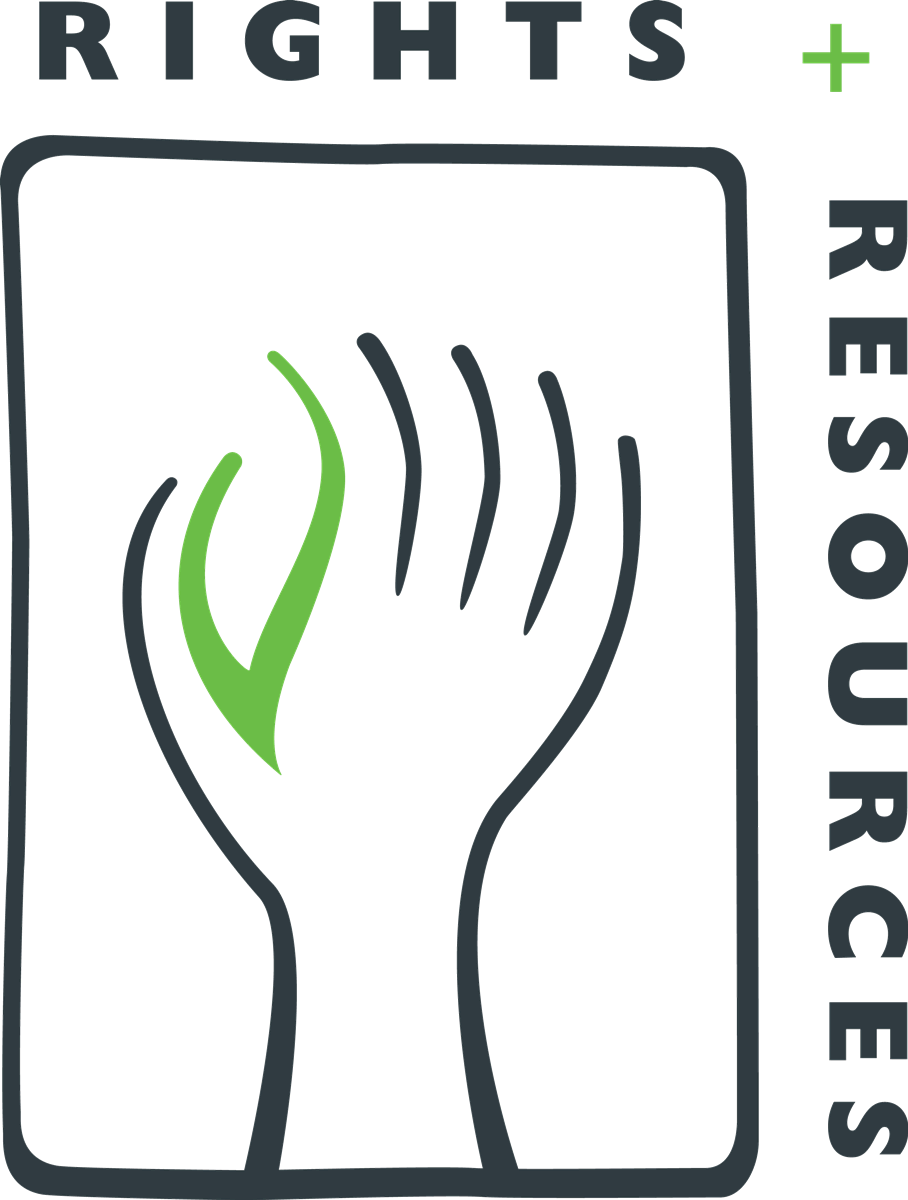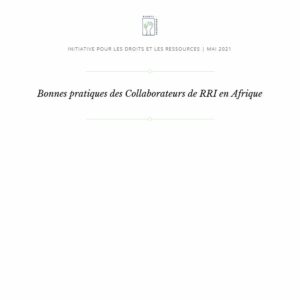Focal point
Location
The Rights and Resources Initiative is a strategic coalition of international, regional and community organizations engaged in development, research and conservation. Together, we are working to encourage greater global commitment and action on pro-poor tenure, policy and market reforms.
The RRI coalition is formed by a group of core Partners who conduct work in specific areas of their regional and thematic expertise. Partners also engage with a wide group of collaborators who participate in and support RRI activities around the world. RRI is a strategic coalition that goes beyond the traditional set of international development actors to involve a wide spectrum of organizations, each of which provides a critical perspective in the larger chain of actors necessary to advance change.
Our Mission
RRI’s Mission is to support local communities’ and indigenous peoples’ struggles against poverty and marginalization by promoting greater global commitment and action towards policy, market and legal reforms that secure their rights to own, control and benefit from natural resources, especially land and forests.
Global Challenge, a Global Opportunity
Forests cover close to 30 percent of the world's land area, and more than a billion people rely on forests to a significant extent for their food, fuel and income.
An estimated 350 million indigenous and tribal peoples are at least partly dependent on forests, including some 60 million who are substantially dependent on forests for their subsistence and livelihoods. Forests are also particularly important to poor women, who shoulder much of the burden for hauling wood and collecting and marketing forest products.
Dominant models of forest industry and conservation have often exacerbated poverty and social conflicts and have precluded pro-poor economic growth. The lack of clear rights to own and use forest land, develop enterprises, and trade in forest products has driven millions of forest dwellers to poverty and encouraged widespread illegal logging and forest loss.
The world will not meet national and global goals to reduce poverty and protect the environment unless poor peoples' rights to land and resources are strengthened. Neither will the world effectively mitigate or adapt to climate change without clarifying local tenure and governance. The next two decades are critical--both for the poor and for the forests.
There are reasons for optimism. Organizations of indigenous peoples and forest-dwelling communities are gaining voice and opportunity, and after decades of limited action many countries are beginning to consider far-reaching legal and policy reforms. There is a major opportunity to advance the rights and livelihoods of forest peoples by establishing the institutional foundations for sustained conservation and forest-based economic development.
Resources
Displaying 11 - 15 of 108Droits sur le carbone
L’étude a analysé dans 31 pays l’état de la reconnaissance juridique des droits des peuples autochtones, des communautés locales et des populations afro-descendantes sur le carbone présent sur leurs terres et territoires. Ensemble, ces pays détiennent près de 70 % des forêts tropicales du globe, et cinq d’entre eux disposent des plus grandes surfaces de forêt tropicale : le Brésil, la RDC, l’Indonésie, le Pérou et la Colombie.
ANALYSES Bonnes pratiques des Collaborateurs de RRI en Afrique
Les organisations collaboratrices du réseau RRI dans la région africaine ont à ce jour mis en œuvre bon nombre de projets avec pour objectif principal de sécuriser les droits fonciers des peuples autochtones (PA) et des communautés locales (CL), dans l’idée que cela constitue le socle primordial sur lequel s’appuient toutes les autres formes d’engagement en faveur des communautés.
¿Es la conservación basada en derechos una vía adecuada para preservar la diversidad biológica y cultural del planeta?
Este informe se basa en el imperativo de evitar el colapso de la biodiversidad sin olvidar el respeto a la tenencia y los derechos humanos de PI, CL y AD[26]. Asimismo, al formular las siguientes preguntas, busca destacar los riesgos y las oportunidades para los PI, las CL y los AD inherentes a la expansión propuesta de las áreas de conservación:
Rights-Based Conservation: The path to preserving Earth’s biological and cultural diversity?
Given the urgent need to prevent a collapse of biodiversity across the Earth, certain governments, organizations, and conservationists have put forward proposals for
bringing 30 percent and up to 50 percent of the planet’s terrestrial areas under formal “protection and conservation” regimes. However, given that important
A Global Baseline of Carbon Storage in Collective Lands
Forests and other lands are essential for achieving climate and development ambitions. If appropriately leveraged, natural climate solutions can contribute upwards of 37 percent of cost-effective CO Indigenous Peoples and local communities are key to achieving such outcomes. 2 mitigation by 2030,1 and evidence shows
This report presents the most comprehensive assessment to date of carbon storage in documented community lands worldwide.





